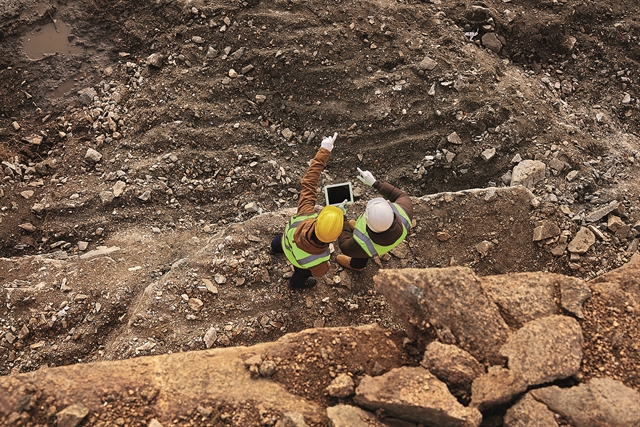
The mining and related metallurgy of our country is an extroverted sector with a significant footprint in the National Economy. Despite the ten-year economic crisis and the ongoing health crisis, the mining industry contributes steadily and significantly to the country’s GDP.
In the five years 2012-2016, the sector’s active companies decreased by 45%. Of these 5% were active in ore mining, 31% s in marble quarrying, and 47% in the extraction of aggregates while only 50% are profitable.
Although the country’s mineral resources are rich, value creation – or wealth – depends on a number of parameters related to the geological knowledge of the deposits, the international economic situation, the regulatory framework, and the available infrastructure. It is obvious that the mining industry has a high investment risk and low profitability, but the right investments can yield long-term and stable cash flows.
The important advantages of the Greek mining industry are also recognized by the Pissaridis Commission, which particularly emphasizes the presence in the international value chains and international competitiveness. It is estimated that mining, included in the provisions of the “Greece 2.0” Plan, can mobilize investments of more than half a billion euros concerning:
• Adapting to the challenges of Industry 4.0, with projects to upgrade metallurgical units and verticalize products.
• The modernization of mines and quarries with process automation, robotics applications and equipment changes in order to reduce the environmental footprint.
• The application of the principles of cyclical economy with utilization of secondary raw materials.
• Innovations in the production process, in mining research for finding new deposits and operation of innovative units for the exploitation of Mineral Raw Materials in the areas of de-lignification.
On the other hand, the most important critical issues that are an obstacle in its development course concern:
• The very slow and complicated environmental licensing, at times exceeding three to four years.
• The ambiguities in the transposition of European law regarding forest and quarry legislation.
• The exclusion of solid mineral mining in NATURA 2000 sites, despite the contrary provisions of European directives.
• The imposed changes in the Quarry Law, provisions which lead to increased operating costs.
• The significant burden faced by companies due to the calculation of mining fees based on the extent of concessions.
Mr. Athanasios Kefalas is the president of the Association of Mining Companies.
Latest News

FT: Greece’s Economic Rebound a Balance of Growth and Poverty
Eurostat data revealed a significant 10.8% drop in Greek public debt relative to GDP in 2023, alongside a 2% economic expansion, outpacing Germany's performance.
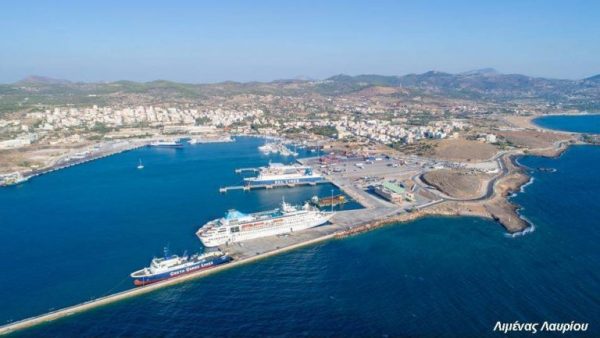
Lavrio Port Authority Next Up for Privatization
A deadline for the submission of expressions of interest is May 14, 2024
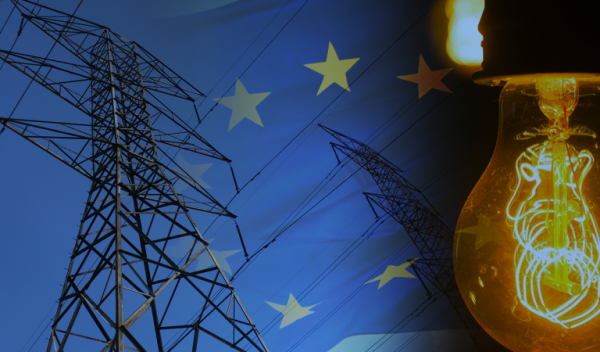
Eurostat: Greece Records Largest Drop in Natural Gas Prices in 2nd Half of 2023
The price of electricity and natural gas in Europe was down following a substantial surge that began before the Russian invasion of Ukraine and peaked in 2022
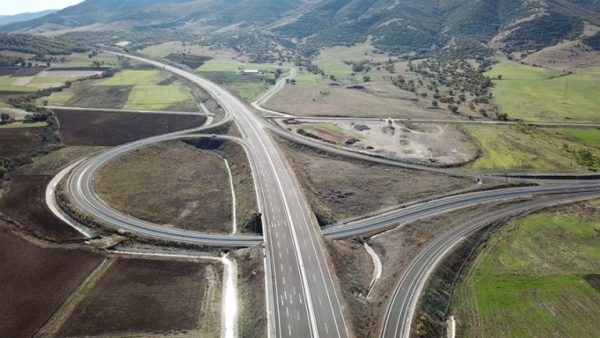
GEK TERNA Still Considers Leveraging Concessions Portfolio as Financial Tool
President and CEO of Gek Terna George Peristeris explained the company's plans on Tuesday on the sidelines of the inauguration of sections of Greece's E65 highway

NielsenIQ: 3% Supermarket Revenue Increase in Q1
Private label products are gaining traction, comprising 25.4% of shopping basket shares, up from 24.7%

Store Hours Change Today in Observation of Orthodox Easter
The President of the Athens Chamber of Commerce hopes the Easter period will provide a much-needed boost to retail traffic in the capital
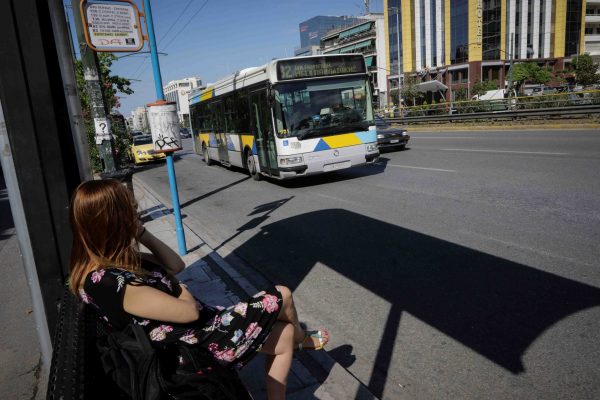
Athens-area Mass Transit Systems Set to Finally Install Contact-less Fare Payment
Paying fares via bank cards, smartphones and smartwatches in all mass transit systems in the Greek capital, namely, buses, trolleys, the metro and tram lines, is scheduled by the end of the year
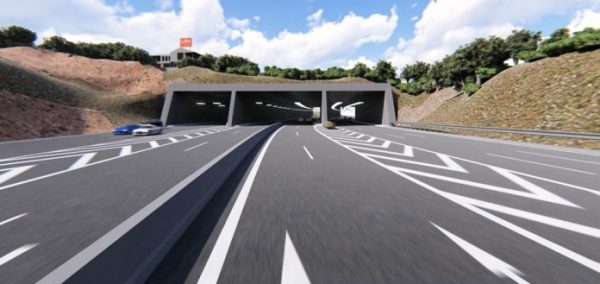
Council of State Rejects Motion Against Thessaloniki Motorway Project
The motion was filed earlier this month by three local citizens’ and environmental groups and generated a high court decision for a temporary stay in construction

Greek 30Y Bond Issue Oversubscribed by 11 Times
Very high demand pushed down the coupon's interest rate to 4.125%

Athens Int’l Airport Wins Top Prize at Routes Europe Awards
The Routes business is focused entirely on aviation route development and the company's portfolio includes events, media and online businesses




























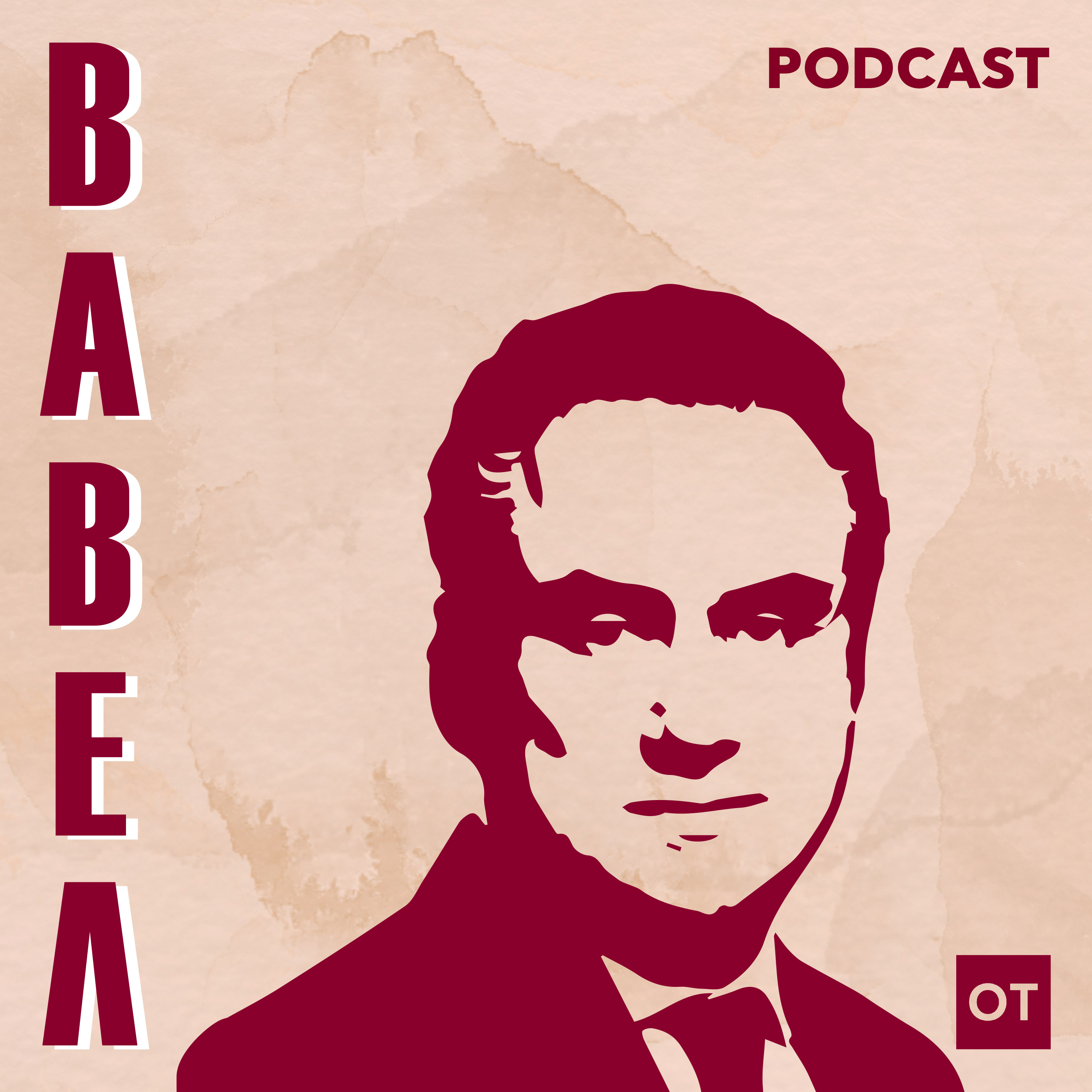
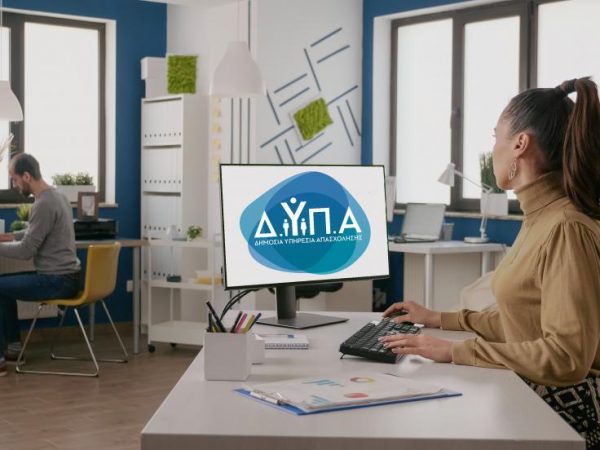
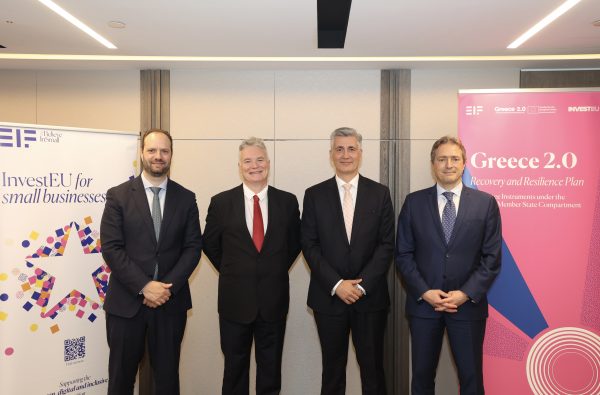
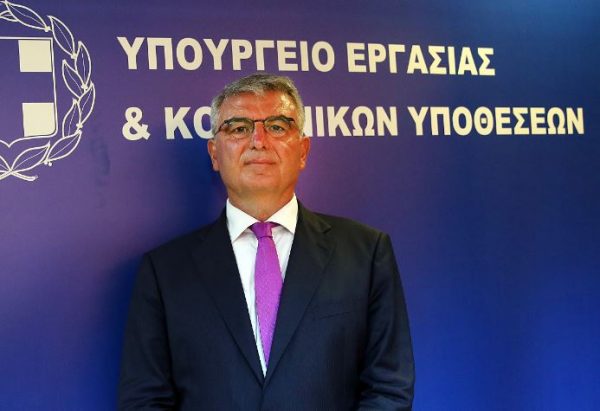
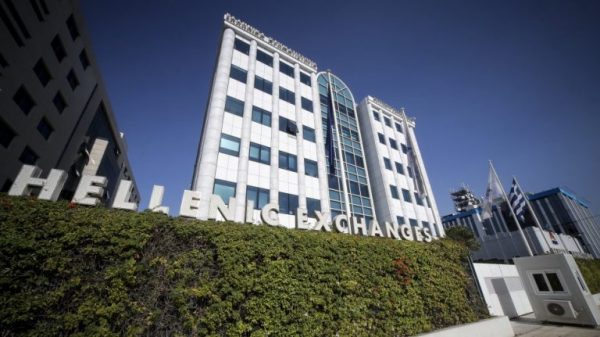
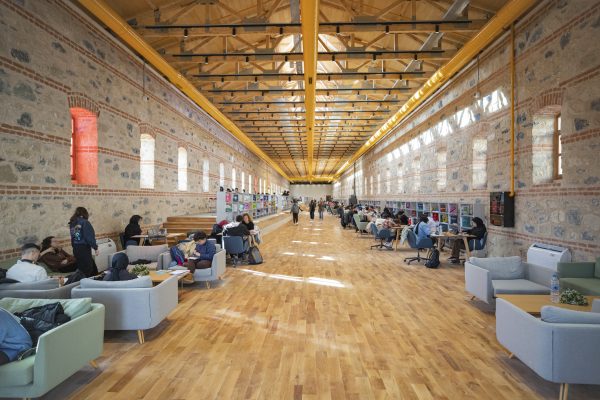
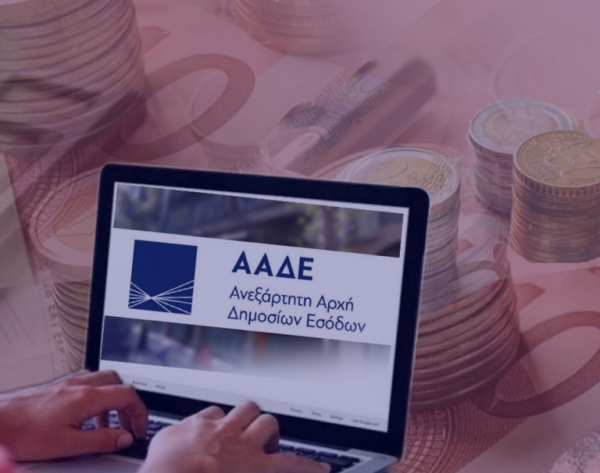

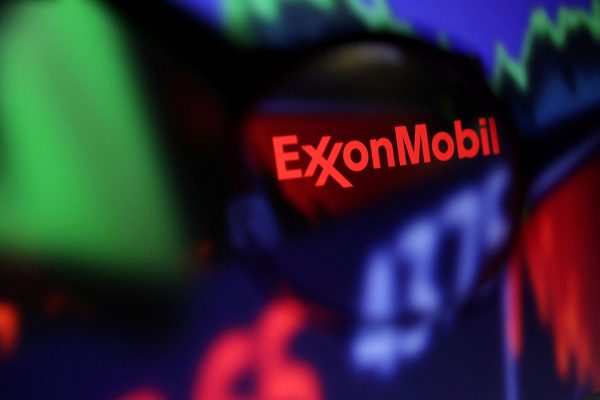
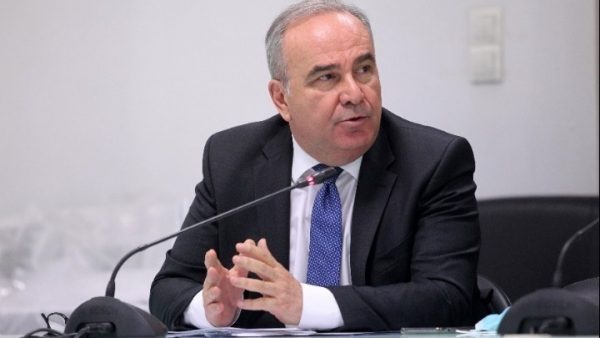

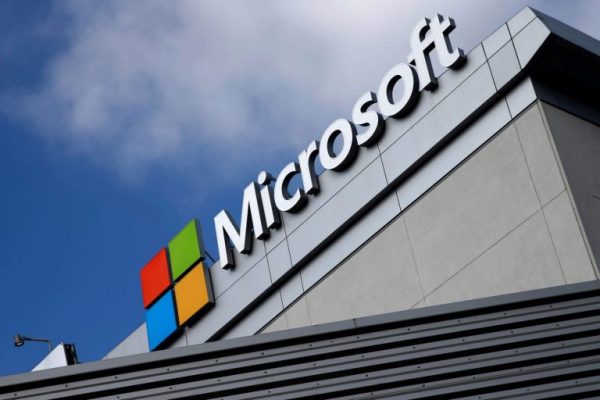

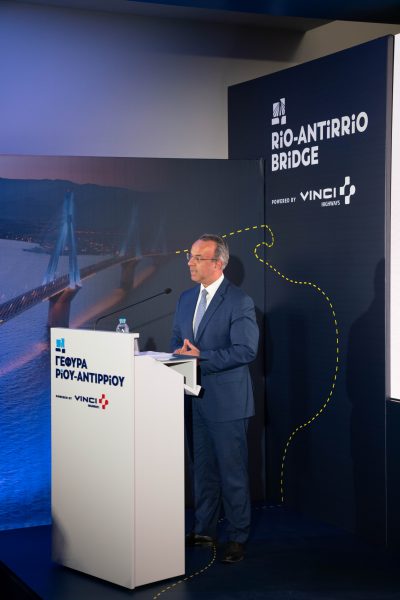

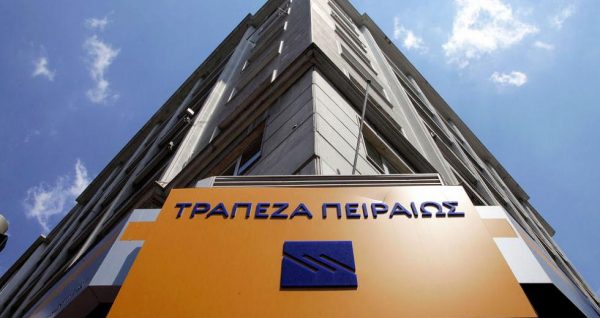
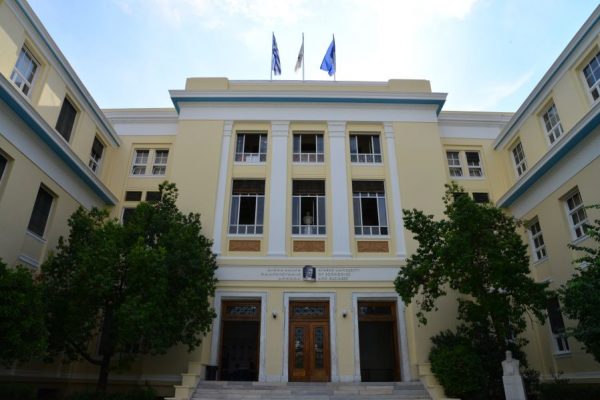
 Αριθμός Πιστοποίησης Μ.Η.Τ.232433
Αριθμός Πιστοποίησης Μ.Η.Τ.232433